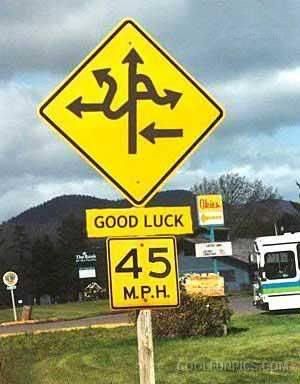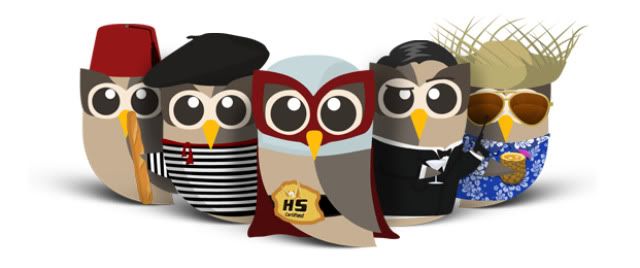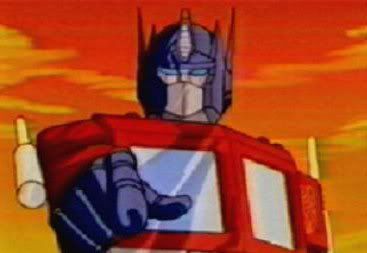
Technology really isn’t this scary. Relax.
There is an ever-growing crossroads where art and technology meet. As companies develop easier and shinier ways to put smaller and yet more expensive devices in the hands of consumers, the degree to which technology permeates those consumers’ lives grows. That technology not only makes communication and advertisement easier but also allows artists are more direct route for reaching new audiences, provided the artist in question leverages the tools available.
Art and technology have more in common, though, than just being a medium of expression and its means of distribution. Both are forms of alchemy. Both allow for the creation of something out of nothing.
This blog entry began as a blank text document. Paintings begin as blank canvases. New devices start their lives as empty documents, bits of graph paper or pages in a sketch journal. They all spring from the same source – our imaginations. And imaginations and artistic minds are much like processors, capacitors and bits of memory. The more there are in close proximity working in concert, the more powerful the outcome.
That’s why collaboration and the sharing of ideas is so important. Technology makes this easier than it has ever been, and art is still sought by audiences the world over. The more artists support and promote one another, the more successful everyone becomes as a result. And the more an artist leverages a resource like Twitter or Facebook, the more they can support and promote other artists.
So why is there a divide between art and technology?
Between social media, fundraising means and the advance of media-streaming methods, it should be easier than ever for purveyors of art, from the lowly aspiring novelist to the coordinator of major musical events such as orchestra concerts and ballet performances, to put their labors of love in front of as many eyeballs as possible. Yet some of these artists and art-friends refrain from using these accessible and free-to-use tools. Are they uncertain of the hows and whys? Unaware of their presence or power? Unimpressed by what might seem to be a passing fad?
I wish I knew the answers to these questions. To me, technology is nothing to be feared or scoffed at by the artist. This divide, which is all too real and yawning for some artists, should be seen instead as a crossroads. And as more artists embrace the technology available to them to make their lives easier and give them more time to create, and technology continues to be molded by digital artists and natives, the crossroads will continue to grow until it becomes a town square of its own.
And Philadelphia’s one of the best places for it to happen.
Sure, the west coast of the US is covered with tech talent, AAA game studios, big media moguls, what have you. And New York is the landing zone for art and fashion from the rest of the world. Philadelphia may never attract multi-million dollar corporations bent on harnessing technology or the most glamorous of glamor-making glamorhounds. What it has, does and will attract is fresh, interesting and passionate talent from all walks of life. Much like the technology I’ve discussed, it’s a crossroads for all sorts of people, from the tech-savvy to the artistic and everything in between. And you can bet that, this being Philly, when the exciting stuff starts happening and new ground gets broken as this crossroads continues to expand, somebody’s gonna be loud and obnoxious. Like the guys over at Geekadelphia or Technically Philly, for example.
In any event, I think what those of us who have technical inclinations need to impress upon artists is that the barrier for entry when it comes to valuable tools like social networks and streaming media is not as high as one might think. We need to educate, to network and to ignite imaginations. If we can do this for artists, the artists can in turn do it for the world.
That’s my take on it, at least.






